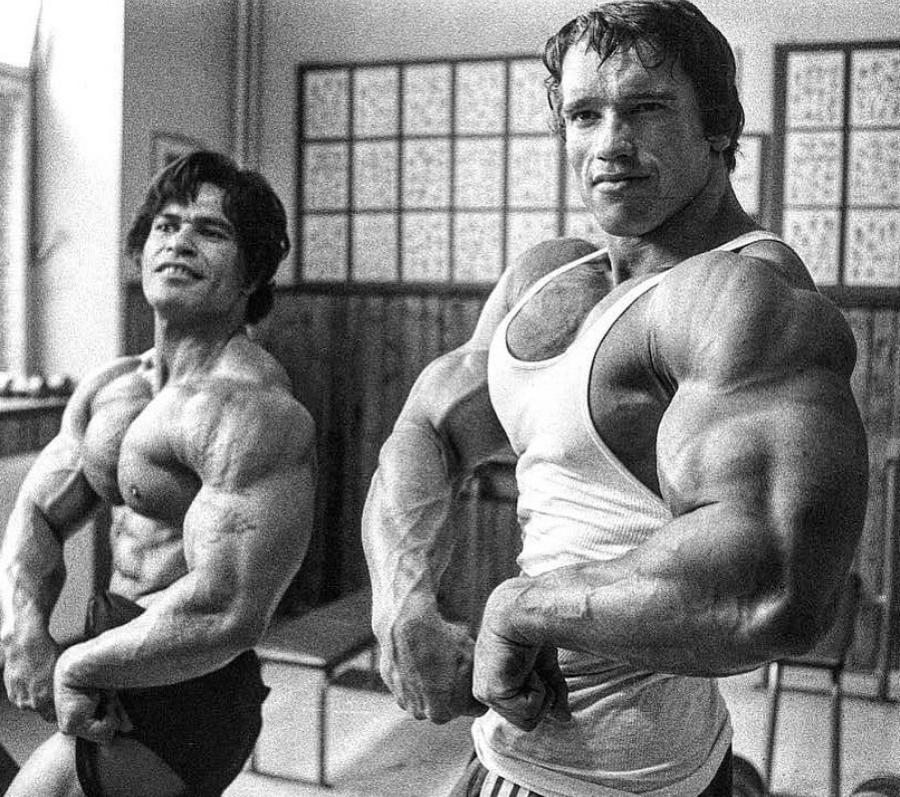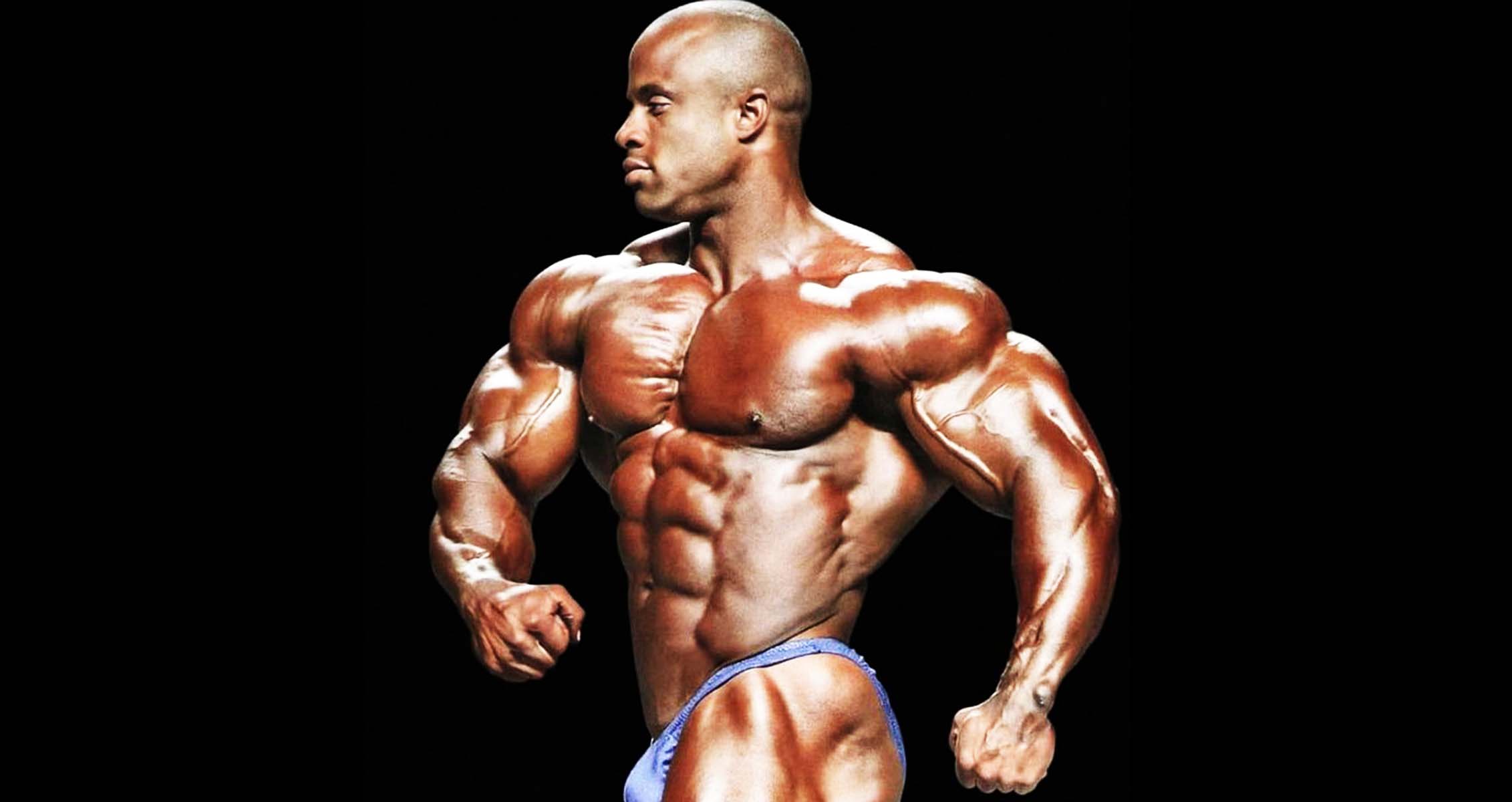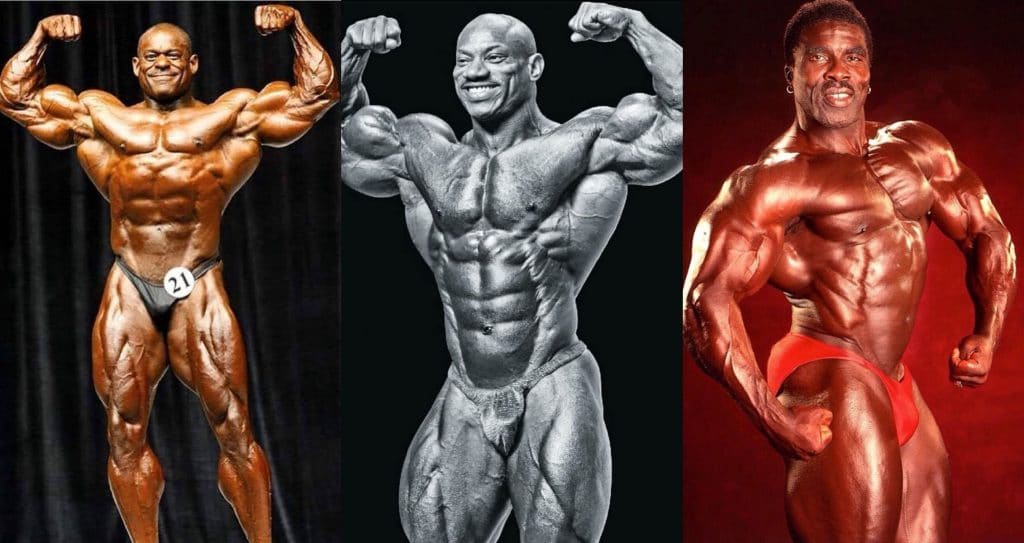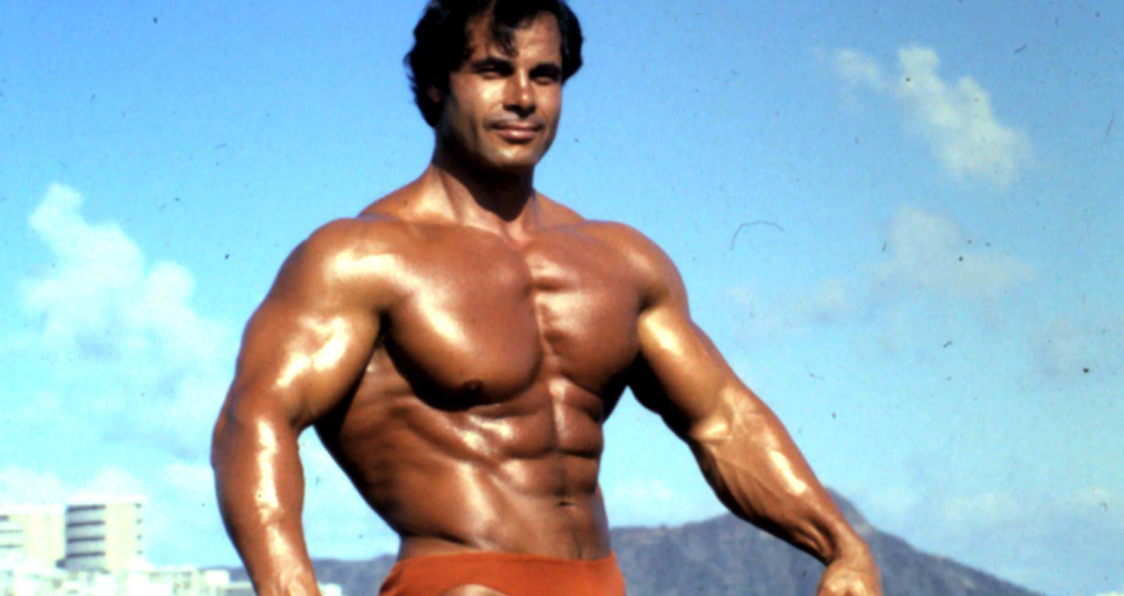Tense events at the most prestigious bodybuilding show
The Mr. Olympia competition, the crown jewel of professional bodybuilding, has witnessed some of the most spectacular physiques in history. But alongside its glorious legacy, the contest has been embroiled in a fair share of controversies. From shocking last-minute entries to accusations of rigged results, the history of Mr. Olympia is filled with moments that sparked outrage among fans and athletes alike.
The team at Generation Iron has selected the top five most controversial Mr. Olympia moments, where the decisions made on stage left bodybuilding fans around the world debating for years.
Most Controversial Events in Olympia History
- Arnold Schwarzenegger’s 1980 Win
- Franco Columbu’s 1981 Win
- The Drug Tested Olympia of 1990
- Jay Cutler’s Almost Victory in 2001
- Victor Martinez vs. Jay Cutler in 2007
1. Arnold Schwarzenegger’s Surprise Victory in 1980

Arnold Schwarzenegger is arguably the most iconic name in bodybuilding, having won six Mr. Olympia titles by 1975. By 1980, however, Arnold had stepped away from the competitive stage, focusing on his burgeoning Hollywood career. But while preparing for his role as Conan in Conan the Barbarian, Arnold, who was originally slated to commentate at that year’s Olympia, made a last-minute decision to step back on stage.
Fans and fellow competitors were stunned. Arnold was in shape for his movie role, but many felt that his physique wasn’t up to par with his earlier Olympia-winning performances. As the competition progressed, it became clear that this wasn’t the same Arnold who had dominated the stage five years earlier. In particular, his legs lacked the sharpness and definition seen in his previous wins. Despite the widespread belief that he didn’t deserve to crack the top three, Arnold was declared the winner, which sent shockwaves through the bodybuilding community.
Many top competitors, including Frank Zane and Mike Mentzer, boycotted the following year’s competition in protest. For years, rumors circulated that Arnold’s Hollywood fame and his close ties with the show’s promoter gave him an unfair advantage. While Arnold’s legacy as a bodybuilding icon remains untouchable, his 1980 win still stands as one of the most hotly debated outcomes in the sport’s history.
2. Franco Columbu’s 1981 Win
Following Arnold’s controversial win in 1980, the 1981 Mr. Olympia saw another drama unfold when Franco Columbu returned to the stage. Franco, Arnold’s close friend and two-time Mr. Olympia, had not competed since 1976 due to a leg injury sustained at the inaugural World’s Strongest Man competition in 1977. His return to the stage was a big deal, but as soon as he revealed his physique, it became apparent that his legs had not fully recovered. His upper body was in prime condition, but his legs were out of proportion, particularly when compared to the likes of Tom Platz, whose leg development was legendary.
Despite the disparity, Franco was declared the winner, edging out competitors like Danny Padilla, Chris Dickerson, and Roy Callender. The crowd was shocked, and the decision was met with deafening boos. Many felt that Franco’s friendship with Arnold, who had taken an active role in promoting bodybuilding events at the time, influenced the decision. Fitness writer John Hansen famously noted, “When compared to the outstanding wheels of Dickerson, Padilla, Callender, and Platz, Franco truly didn’t have a leg to stand on.”
The 1981 contest, coming off the heels of Arnold’s controversial win, only deepened the sense of distrust in the judging system, making it one of the most controversial in Mr. Olympia history.
3. The Drug-Tested Mr. Olympia of 1990
The 1990 Mr. Olympia marked a unique chapter in bodybuilding history — it was the year of the first (and only) truly drug-tested competition. In the late 1980s, growing public concern over steroid use prompted lawmakers to take action. The Anabolic Steroids Control Act of 1990 classified anabolic steroids as a controlled substance, and the bodybuilding world felt its impact.
The 1990 Olympia instituted rigorous drug testing, with the aim of hosting a “clean” competition. However, things did not go as planned. Out of 20 competitors, five failed the test before the competition began, including notable names like Berry DeMey and Mohammed Benaziza. Furthermore, many of the athletes who passed the drug tests showed up with less impressive physiques compared to previous years, leading to criticisms about the viability of a drug-free competition in the sport of bodybuilding.
While Lee Haney ultimately claimed his seventh Olympia title, the lackluster condition of many top competitors and the disqualifications overshadowed the event. Instead of ushering in a new era of natural bodybuilding, the 1990 Mr. Olympia reinforced the idea that steroid use was integral to the sport at the professional level.
4. Jay Cutler’s Near Upset in 2001
Ronnie Coleman, widely regarded as one of the greatest bodybuilders of all time, dominated the Mr. Olympia stage throughout the late 1990s and early 2000s. By 2001, he was in the midst of his reign, having won the title four times. However, that year, a young Jay Cutler presented a significant challenge to Coleman’s dominance.
On the first day of the competition, Ronnie Coleman showed up bloated and appeared off his usual game. Jay Cutler, by contrast, came in sharp and looked like a potential upset contender. As the competition progressed, Cutler seemed poised to dethrone Coleman. However, on the second night of the competition, Coleman returned to form, displaying a denser and more refined physique. The judging went in Coleman’s favor, and he narrowly defeated Cutler.
Fans and Cutler himself felt the competition had been rigged in favor of the reigning champion. While Coleman admitted to struggling with dehydration on day one, many believed Cutler deserved to win. The rivalry between Coleman and Cutler would continue for years, but the 2001 contest remains one of the most controversial showdowns in bodybuilding history.
5. Victor Martinez vs. Jay Cutler in 2007

After finally dethroning Ronnie Coleman in 2006, Jay Cutler was riding high as Mr. Olympia. However, the 2007 competition nearly saw Cutler’s reign end prematurely. Victor Martinez, who had steadily climbed the ranks of professional bodybuilding, brought a package to the stage that many believed was superior to Cutler’s. Martinez showed up sharp, defined, and full, while Cutler came out flat during the prejudging rounds.
By the end of the first day, Martinez was nipping at Cutler’s heels, trailing by just two points. The excitement built throughout the competition, with many sensing an upset in the making. However, as the night progressed, Cutler’s physique improved, and Martinez began to fade slightly. In the final posedown, Cutler did just enough to retain his title, edging out Martinez by a slim margin.
Many believed that Martinez should have been crowned Mr. Olympia in 2007, and the fact that Cutler was affiliated with Olympia sponsor Muscletech led some to cry foul. However, bodybuilding journalist Peter McGough dismissed these accusations, stating that the claims of a rigged contest held “as much weight as a gnat’s jockstrap.”
Wrap Up
In a sport where subjectivity plays a massive role, controversial decisions are almost inevitable. These five moments in Mr. Olympia history showcase the intense scrutiny that comes with judging the world’s top physiques. Whether the controversies stemmed from friendships, drug policies, or simple human error, they remain some of the most memorable — and hotly debated — moments in bodybuilding lore.
What do you think is the most controversial moment in bodybuilding history?
Also, be sure to follow Generation Iron on Facebook and Twitter.











